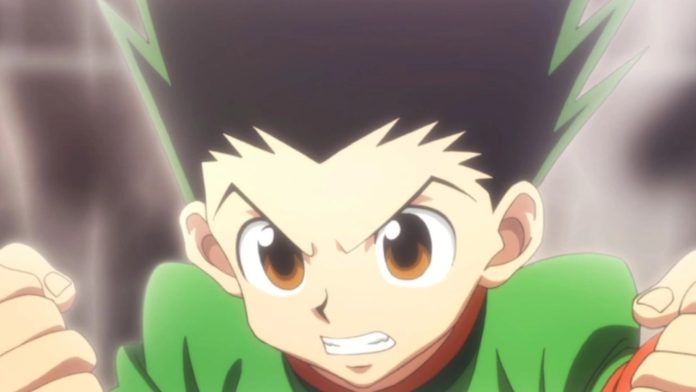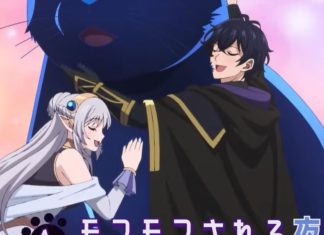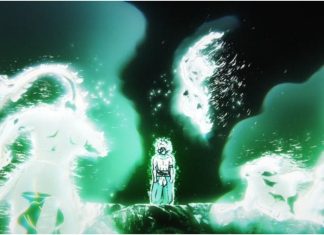In the vast ocean of anime, few series cast as wide and enduring a net as Hunter x Hunter. Created by Yoshihiro Togashi, the manga first debuted in 1998, but it’s the 2011 anime adaptation by Madhouse that truly ignited a global fandom. What started as a seemingly straightforward adventure about a boy chasing his dreams has evolved into a profound exploration of human nature, ambition, and camaraderie.
Fans don’t just watch Hunter x Hunter—they live it, debate it, and yearn for more, even amid the infamous hiatuses that plague the source material. But why does this series hold such a magnetic pull? Let’s dive into its story, characters, plot intricacies, animation prowess, and the myriad reasons it continues to enchant viewers in 2025 and beyond.
The Core Story: A Quest Beyond the Horizon
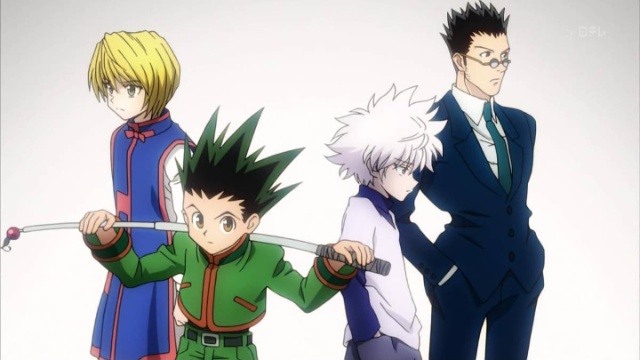
At its heart, Hunter x Hunter follows Gon Freecss, a spirited young boy from Whale Island, who discovers that his long-absent father, Ging, is a legendary Hunter—a licensed elite who pursues rare treasures, exotic beasts, and hidden truths across the world. Determined to follow in his footsteps and uncover why Ging abandoned him, Gon sets out to pass the grueling Hunter Exam. Along the way, he forms unbreakable bonds with a ragtag group of allies, each with their own motivations for becoming Hunters.
The narrative unfolds across multiple arcs, each shifting tones like a chameleon adapting to new terrain. It begins with the high-stakes Hunter Exam, a survival-of-the-fittest ordeal blending physical challenges, mind games, and moral dilemmas. From there, it branches into urban intrigue in Yorknew City, virtual escapades in Greed Island, and the epic, philosophically charged Chimera Ant saga, where themes of identity, power, and humanity clash in brutal confrontations. Unlike many shonen series that fixate on a singular “save the world” goal, Hunter x Hunter emphasizes personal growth and exploration. As one fan aptly put it, it’s a “coming of age story, focused more on development than a ‘heroic goal’ like a shonen would, it’s much more of a shoujo (focused on feelings).”
This emotional layering keeps the story fresh, turning what could be formulaic into a tapestry of self-discovery.
Memorable Characters: Hearts of Nen and Depth
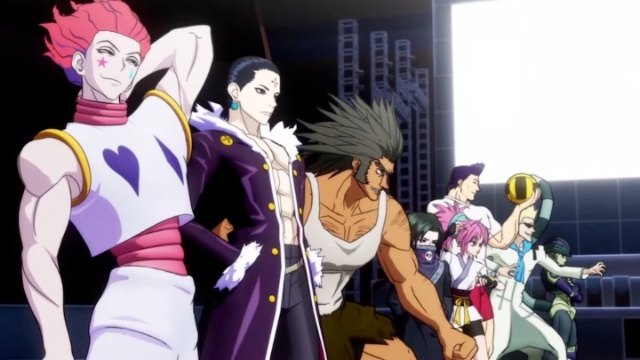
No discussion of Hunter x Hunter’s appeal is complete without its stellar cast, who feel less like archetypes and more like living, breathing individuals with flaws, dreams, and evolving psyches. Gon, the optimistic protagonist, embodies unyielding determination and innocence, but his journey reveals darker undercurrents of recklessness and moral ambiguity. His best friend, Killua Zoldyck, hails from a infamous assassin family, bringing a mix of lethal skills, vulnerability, and loyalty that makes their bromance one of anime’s most heartfelt.
Then there’s Kurapika, driven by vengeance for his slaughtered Kurta clan, whose quest for justice adds layers of tragedy and intellect. Leorio Paradinight, the group’s comic relief turned aspiring doctor, grounds the team with his everyman aspirations and fiery temper. Antagonists shine just as brightly: the enigmatic magician Hisoka Morow, with his predatory charisma, and later figures like the Phantom Troupe or Chimera Ant King Meruem, who challenge viewers’ notions of villainy through profound character arcs.
Fans rave about how Togashi “gives life to the characters. They all have unique personalities & most importantly, they THINK for themselves. Being able to see their thought process to the detail while still keeping it entertaining is amazing.”
This internal depth, often conveyed through monologues or strategic planning, fosters empathy—even for the “bad guys.” As explored in analyses, the series excels in portraying characters who aren’t slaves to plot convenience; they adapt, learn, and sometimes falter in ways that mirror real human complexity.
Plot Mastery: Twists, Themes, and the Nen System
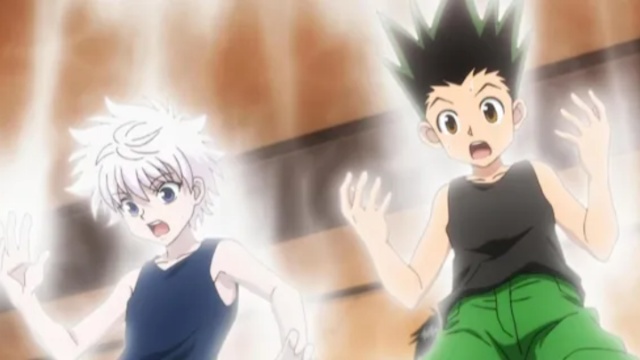
What elevates Hunter x Hunter from good to legendary is its plot structure and thematic richness. The story subverts shonen tropes by prioritizing strategy over brute force, especially with the introduction of Nen—a versatile aura-based power system that’s as philosophical as it is combative. Nen isn’t just about punching harder; it’s a metaphor for personal potential, with categories like Enhancement, Emission, and Conjuration reflecting users’ psyches. Battles become chess matches, where intellect and preparation trump raw power, leading to some of the most satisfying payoffs in anime.
The arcs’ variety is another standout: from a mafia thriller in Yorknew to a video game-inspired quest in Greed Island, and the existential horror of Chimera Ant, where ants evolve into humanoid threats questioning humanity’s dominance. Themes of friendship, revenge, and the cost of ambition weave through it all, often with social commentary on inequality and survival. One enthusiast highlights how “HxH’s biggest draw is the variety of arcs it has. It ranges from a ‘typical’ exam & tournament arc with subversive elements to a mafia auction thriller, a video game quest.”
This diversity keeps pacing dynamic, avoiding the filler pitfalls of longer series.
Moreover, the world-building is immersive yet grounded—Hunters wield influence like modern-day explorers or bounty hunters, and elements like currency are treated realistically, as “nothing more than an in-game currency used by certain groups,” not an end-all obsession.
Fans on platforms like Reddit echo this, praising the “ability system [that’s] so well written and fascinating,” alongside the lore and writing that hook from the start.
Animation and Production: A Visual Symphony
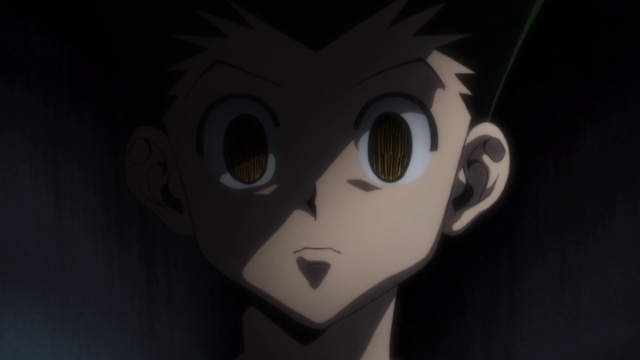
Madhouse’s 2011 adaptation is a visual feast, boasting fluid animation that peaks during intense fights and emotional climaxes. The art style evolves with the story’s tone—bright and adventurous early on, shifting to darker, more detailed palettes in later arcs. Sound design complements this, with a soundtrack featuring haunting orchestral pieces and upbeat tracks that amplify the mood. Standout moments, like Gon’s transformations or the Chimera Ant battles, showcase choreography that’s both visceral and artistic.
Critics and fans alike commend the production for maintaining high quality over 148 episodes, with “better visuals than a lot of seasonals, and when it peaks it looks majestic. Not to mention the bangers soundtrack and eds.”
This consistency, combined with clever narrative techniques in arcs like the Hunter Exam, makes rewatches rewarding, revealing new layers each time.
Why Fans Can’t Let Go: An Enduring Love Affair
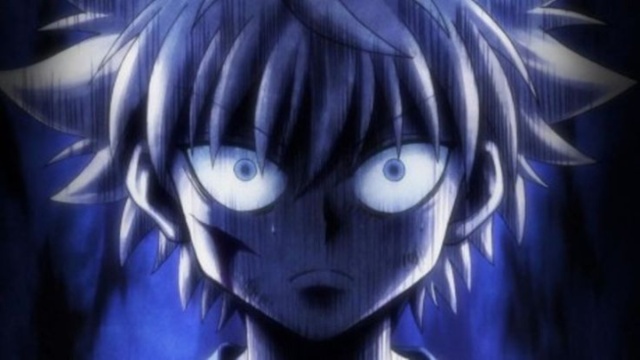
Ultimately, Hunter x Hunter resonates because it transcends genre boundaries, blending action, drama, and introspection into something profoundly human. Fans love its emotional depth—”the visual metaphors, the Plato’s cave theme you can’t unsee after the first rewatch, THE MUSIC OMG, the social commentary”—and how it tackles heavy topics without losing its adventurous spirit.
It’s a series that rewards patience, with character-driven stories that feel real and relatable. As one analysis notes, it has “amazing qualities that set it apart from other Shonen series,” like well-developed characters and innovative fights.
In a 2025 landscape filled with fast-paced isekai and power fantasies, Hunter x Hunter stands as a beacon of thoughtful storytelling. Whether you’re drawn to its world-building, as in detailed threads exploring “one of the greatest world building stories,” or the sheer joy of Gon’s antics, it’s a journey worth embarking on.
If you haven’t joined the hunt yet, now’s the time—fans promise it’ll change how you see anime forever.
ALSO READ: The Big Three of Shonen Anime: Why One Piece, Bleach, and Naruto Reign Supreme
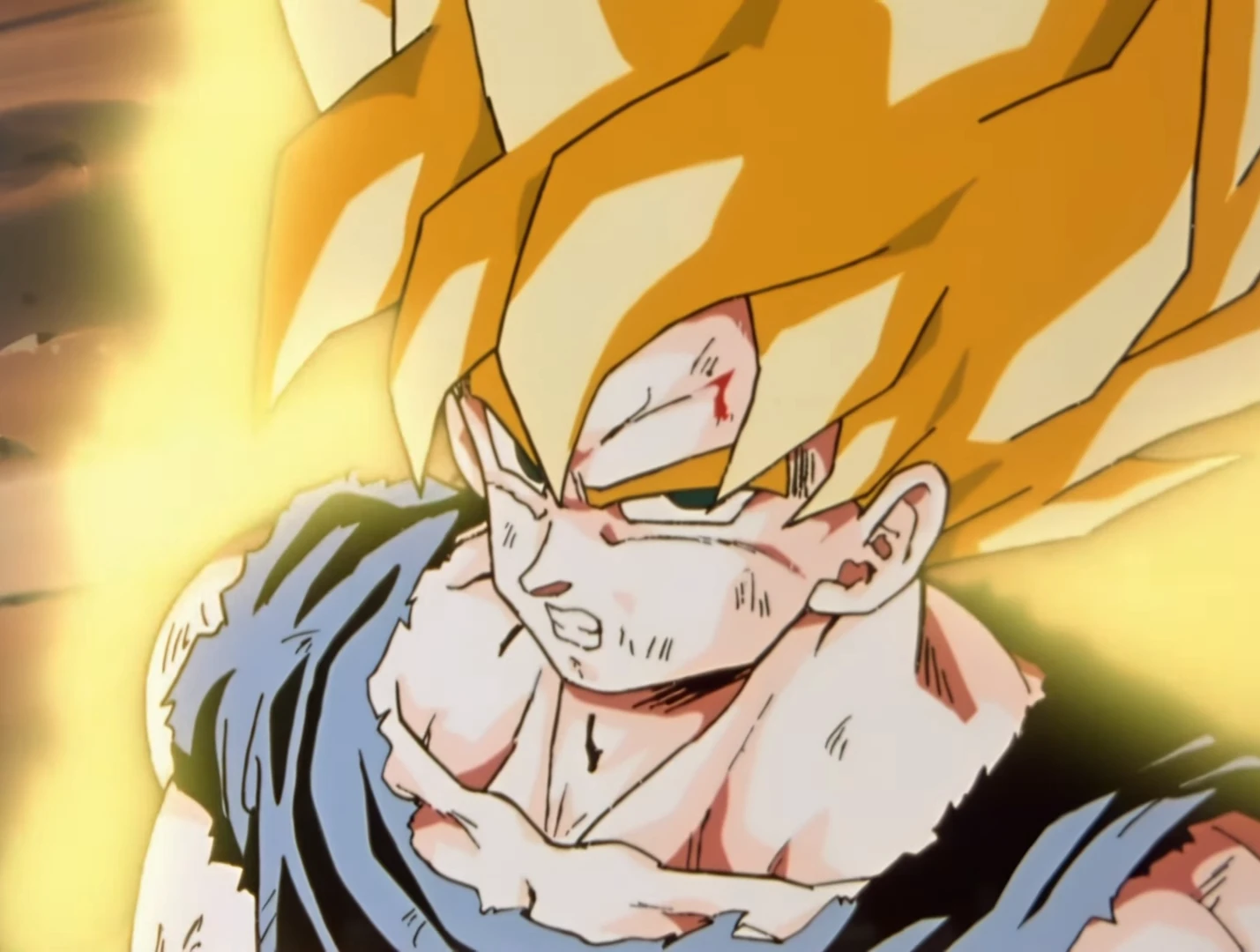
Hello, I am a huge anime fan with a decent experience in writing articles regarding the anime industry.
